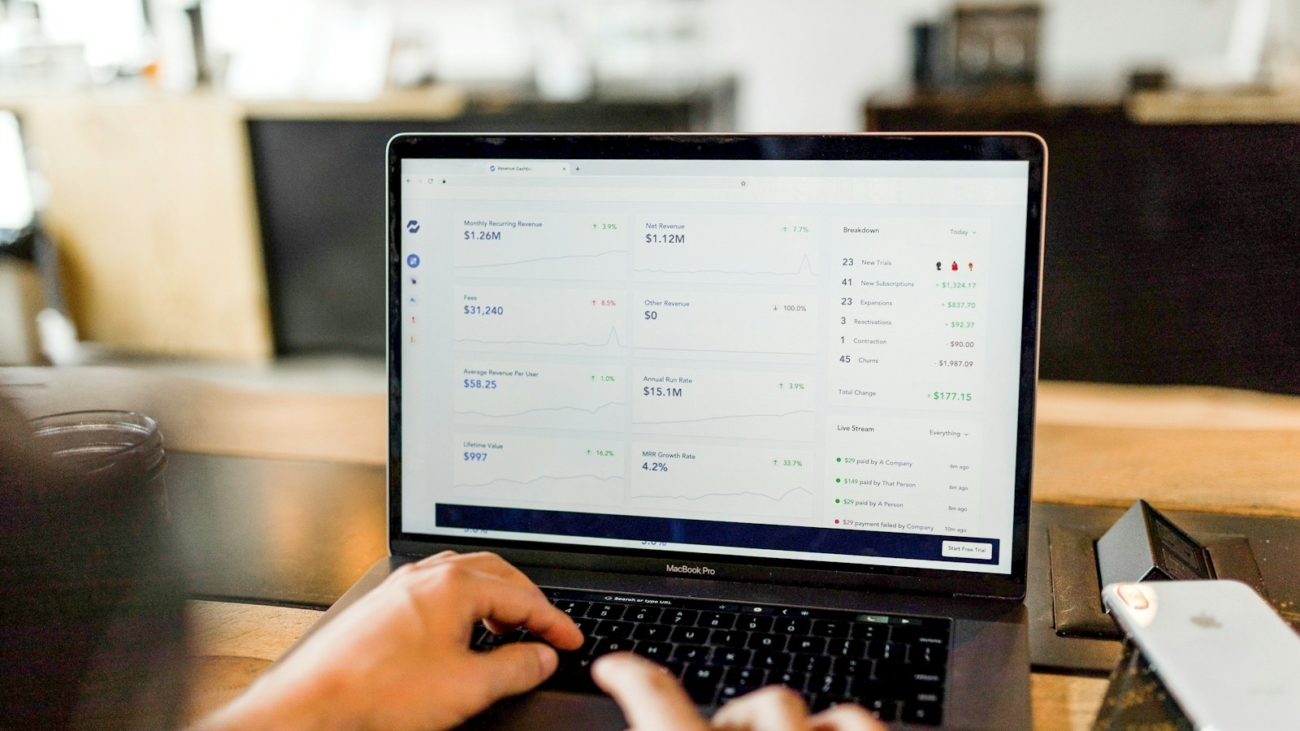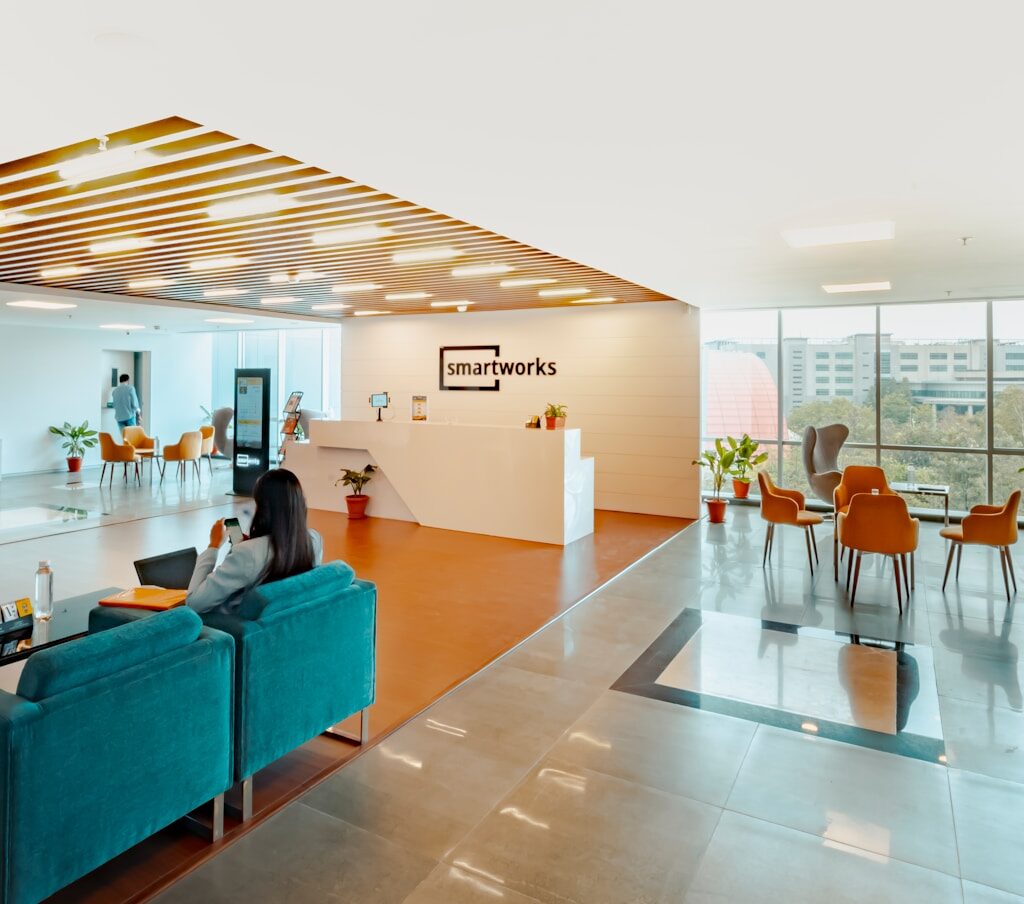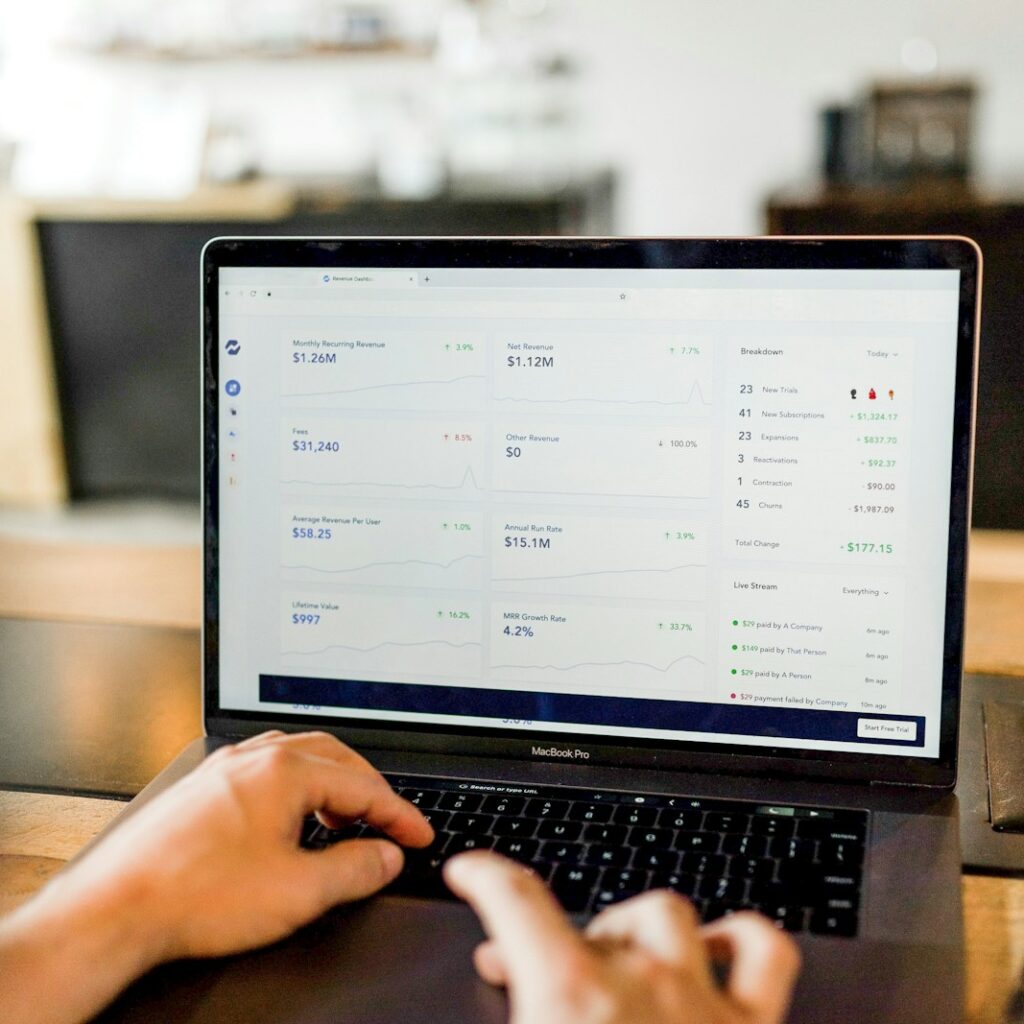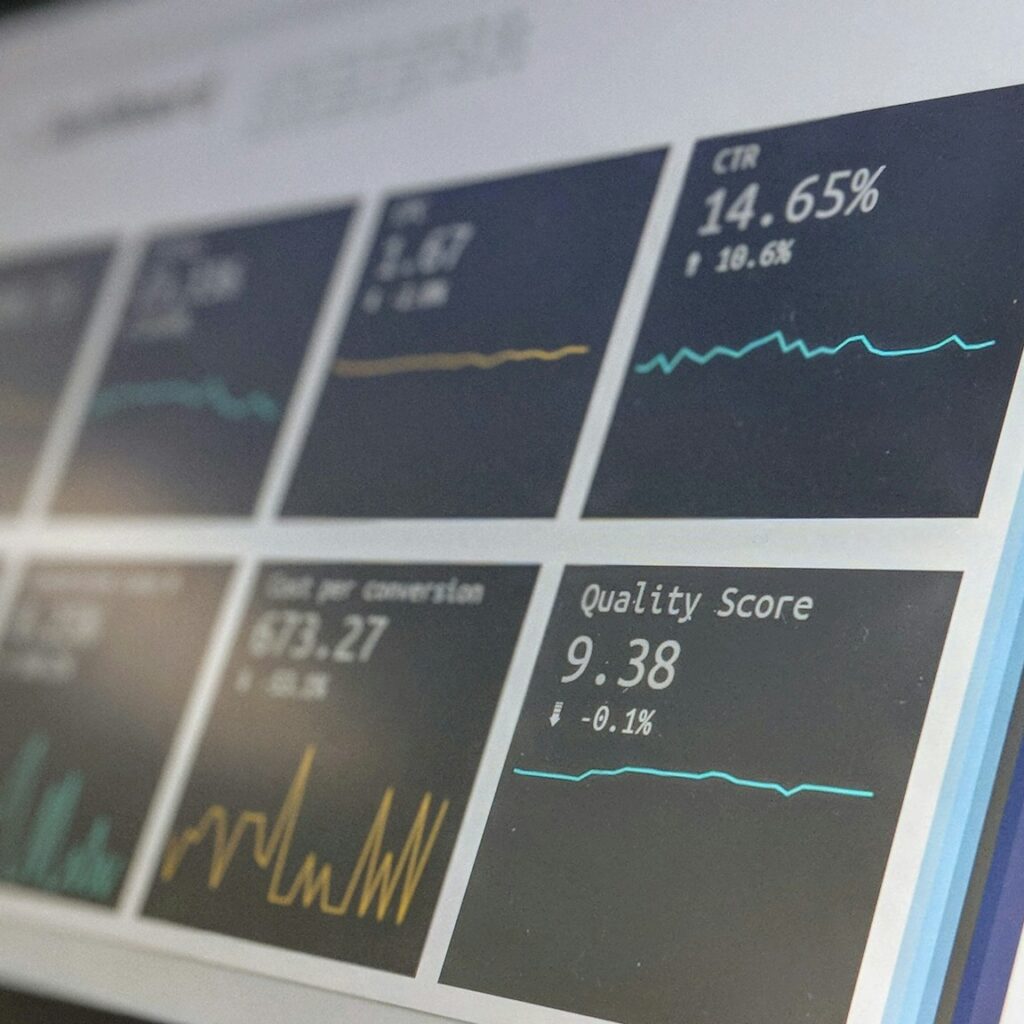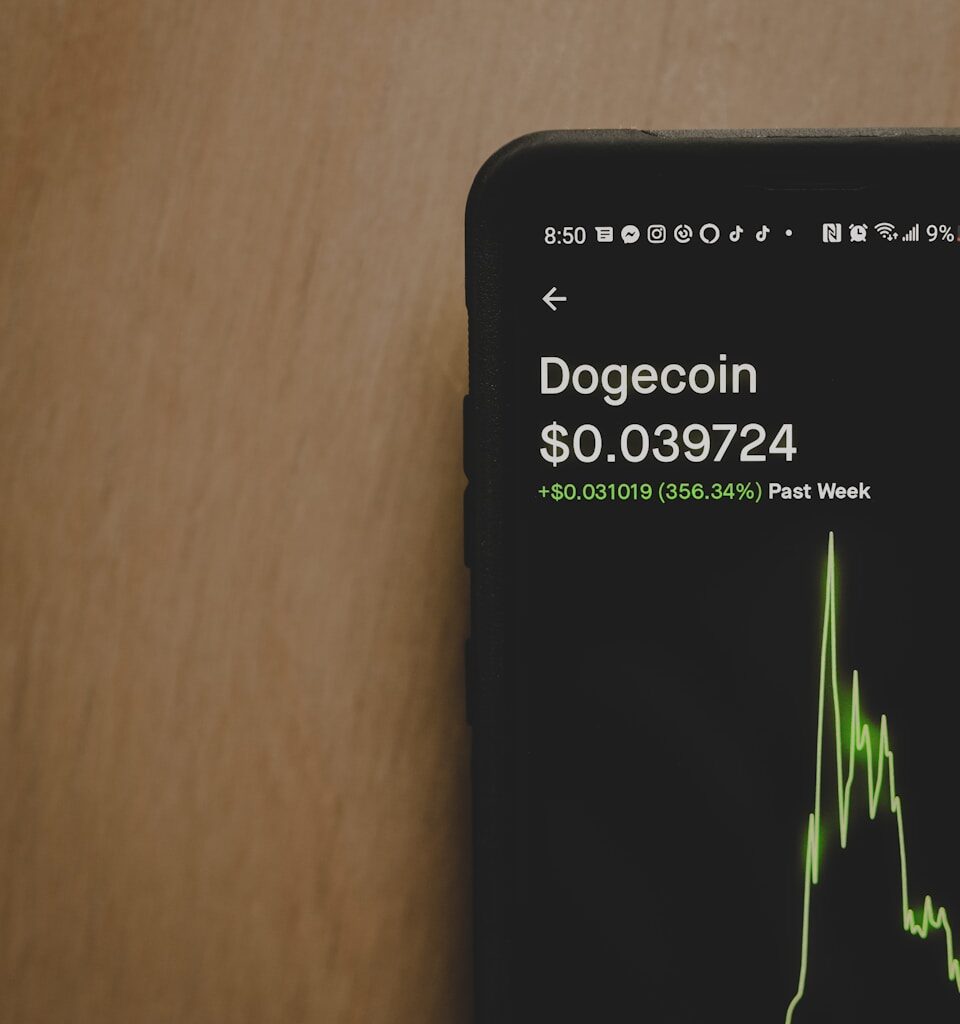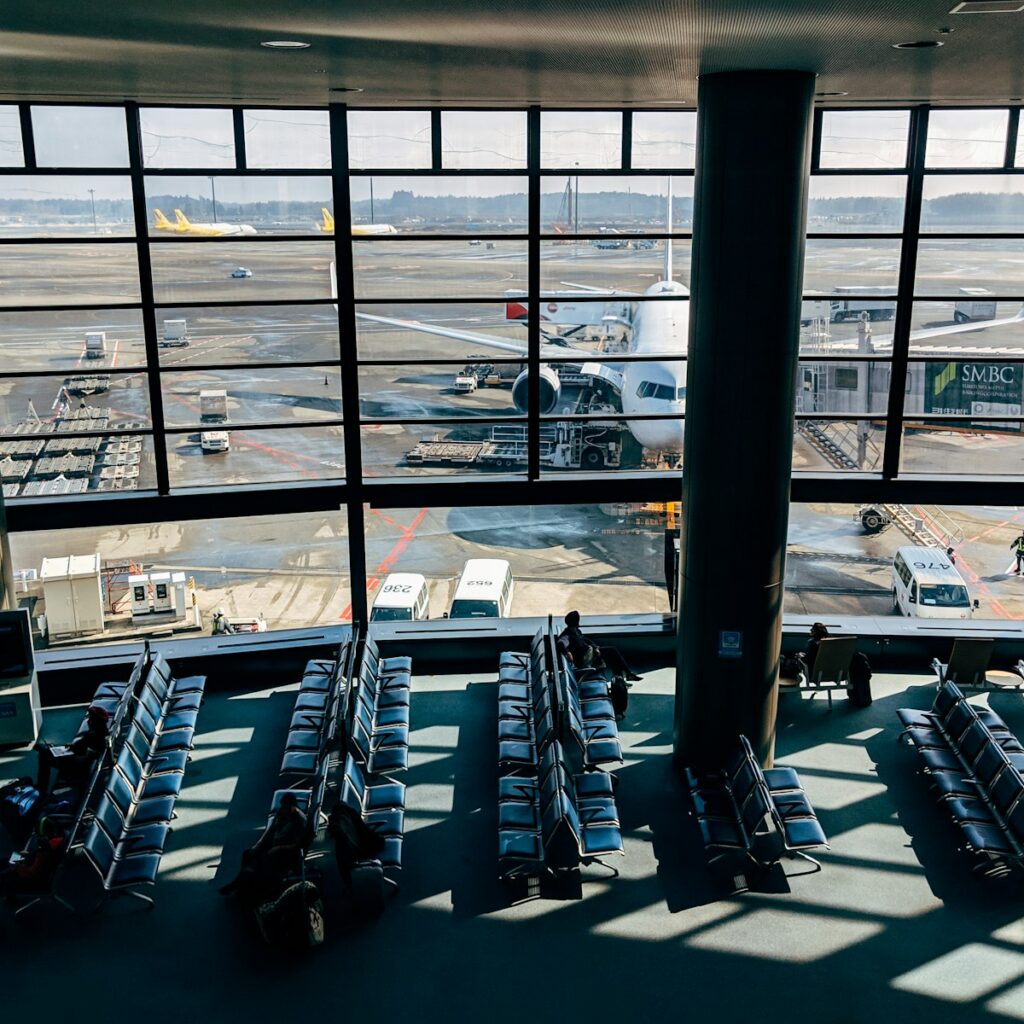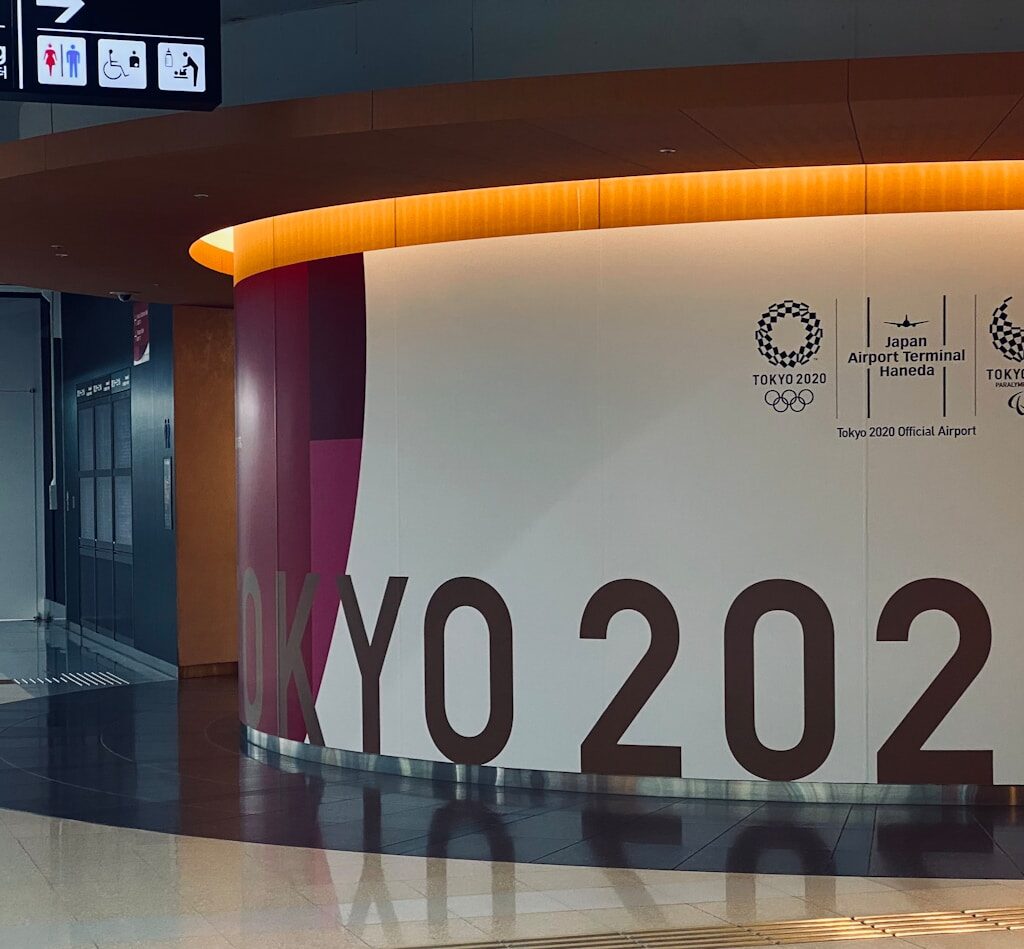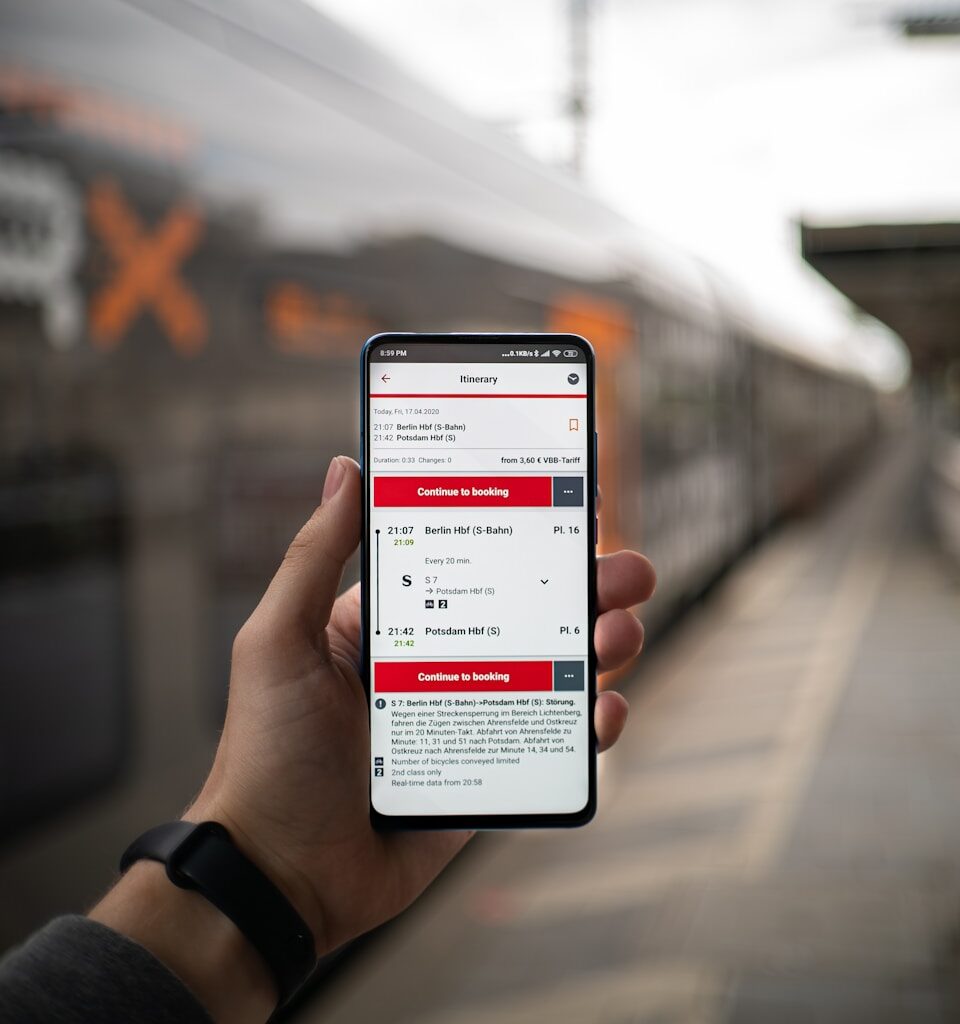In today’s digital-first world, hotels face fierce competition as travelers have more choices than ever before. To thrive in this crowded marketplace, hotels must leverage powerful digital marketing strategies that not only enhance visibility but also drive bookings and increase revenue. In this ultimate guide, we’ll explore the top 5 digital marketing strategies every hotel should implement to boost their online presence, attract more guests, and stay ahead of the competition.
Why Digital Marketing is Crucial for Hotels
The hospitality industry has undergone a significant shift in recent years. Online bookings now account for the vast majority of hotel reservations, and potential guests turn to the internet for research and comparisons before making any decisions. According to recent reports, over 70% of travelers begin their journey by searching for accommodations online.
That means the ability to reach guests through the right digital channels is more important than ever. Hotels that embrace effective digital marketing strategies stand to benefit from increased traffic, higher conversion rates, and ultimately, higher revenue.
So, what digital marketing tactics should you focus on to see real results in your hotel’s performance? Let’s dive into the 5 essential strategies that can transform your marketing efforts.
Search Engine Optimization (SEO): Make Your Hotel Easy to Find
When travelers search for hotels in your area, your goal is to ensure your property shows up in the top search results. SEO is one of the most powerful tools to improve your hotel’s visibility and drive organic traffic to your website.
SEO Best Practices for Hotels:
- Optimize for Local Search: Most hotel guests are looking for accommodations in a specific location. Ensure that your website and content are optimized for local SEO by including city names, landmarks, and local attractions in your keywords. For example, “beachfront hotel in Goa” or “best luxury hotels in New Delhi.”
- Mobile Optimization: With a growing number of travelers using mobile devices to search for hotels, it’s critical that your website is mobile-friendly. Google ranks mobile-optimized websites higher, so ensure your site loads quickly and offers a seamless experience across all devices.
- Content Marketing: Blogging is a great way to build your hotel’s authority. Create informative and engaging content about your local area, tourist attractions, or travel tips that will not only drive organic traffic but also keep guests on your site longer.
Why it works: By optimizing your website and content for search engines, you increase your chances of ranking higher on search results pages, which ultimately drives more traffic to your site—and more bookings.
Pay-Per-Click (PPC) Advertising: Get Immediate Visibility
While organic SEO takes time to show results, PPC advertising can deliver immediate visibility and help you reach potential guests right when they’re searching for accommodations. Platforms like Google Ads and Bing Ads allow you to run targeted ads that appear at the top of search engine results.
PPC Best Practices for Hotels:
- Targeted Keywords: Focus on keywords that are specific to your hotel’s offerings and location. For example, “romantic getaway in Bali” or “family-friendly hotel in Paris.”
- Geo-Targeting: With geo-targeting, you can focus your ads on travelers who are actively searching for hotels in your specific region. This is especially useful if you want to attract guests who are traveling to your city or area.
- Remarketing: Set up remarketing campaigns to target users who have previously visited your website but didn’t complete a booking. This helps remind potential guests about your hotel and encourage them to return and finalize their booking.
Why it works: PPC campaigns provide immediate visibility on search engines, which helps drive traffic to your website and increase conversions. It’s a highly efficient way to capture bookings from highly motivated guests.
Social Media Marketing: Engage and Convert Followers
Social media is no longer just about sharing pictures and posts—it’s an essential tool for engaging with potential guests, building brand loyalty, and driving bookings. Platforms like Instagram, Facebook, Pinterest, and TikTok offer powerful ways for hotels to showcase their unique offerings and connect with travelers.
Social Media Best Practices for Hotels:
- Showcase Your Hotel’s Experience: Use high-quality images and videos to highlight your hotel’s amenities, rooms, dining, and local experiences. Instagram and TikTok are perfect platforms to show off the beauty of your property.
- User-Generated Content (UGC): Encourage guests to share their photos and experiences at your hotel. Reposting these images or reviews not only builds social proof but also strengthens your relationship with past guests.
- Paid Social Media Ads: Use Facebook Ads and Instagram Ads to promote special offers, events, or packages to highly targeted audiences based on interests, behaviors, and location.
Why it works: Social media helps you engage directly with potential and past guests, building brand awareness and loyalty. It’s a great way to connect with travelers who are researching destinations and accommodations online.
Email Marketing: Nurture Leads and Build Loyalty
Email marketing is one of the most powerful tools for driving repeat business and increasing bookings. By collecting guest emails through your website or bookings, you can create targeted campaigns that keep your hotel top-of-mind and encourage guests to book directly with you.
Email Marketing Best Practices for Hotels:
- Segment Your Email List: Segment your email list based on past booking behavior, interests, or loyalty program membership. This allows you to send highly targeted messages that resonate with each group.
- Personalized Offers: Send personalized offers to past guests, such as a discount on their next stay or a special package based on their preferences.
- Post-Stay Email Campaigns: After a guest’s stay, send them a thank-you email with a request for feedback or a review. You can also encourage them to book again by offering a special rate or incentive for future stays.
Why it works: Email marketing allows you to stay in touch with past and potential guests, nurture relationships, and drive direct bookings. It’s a great way to remind guests of your property and encourage repeat visits.
Online Reputation Management (ORM): Build Trust and Credibility
Guest reviews are one of the most influential factors in a traveler’s decision-making process. Online reputation management (ORM) is crucial for building credibility, trust, and a positive image for your hotel. In fact, studies show that 92% of travelers read reviews before booking a hotel, and 89% of people trust online reviews as much as personal recommendations.
ORM Best Practices for Hotels:
- Encourage Reviews: Actively encourage guests to leave reviews on popular platforms like TripAdvisor, Google, Booking.com, and Expedia. Make it easy for them by sending follow-up emails or providing links to review sites.
- Respond to Reviews: Always respond to guest reviews—both positive and negative. A thoughtful response to a negative review can show potential guests that you care about customer feedback and are committed to improvement.
- Leverage Positive Reviews: Showcase positive reviews on your website and social media channels to build credibility and social proof. This can help increase bookings by instilling confidence in future guests.
Why it works: Positive online reviews and ratings build trust, improve your hotel’s visibility, and influence booking decisions. A strong online reputation is key to attracting new guests and maintaining customer loyalty.
Conclusion: Drive Revenue with Digital Marketing
In a competitive market, digital marketing is essential for hotels that want to attract more guests, increase direct bookings, and boost revenue. By implementing these 5 strategies—SEO, PPC, social media marketing, email marketing, and online reputation management—you’ll create a comprehensive digital marketing plan that positions your hotel for long-term success.
The digital landscape is constantly evolving, and staying ahead of the curve requires ongoing attention and adaptation. By utilizing the right tactics, tracking results, and refining your approach, your hotel can thrive in the digital age and achieve greater profitability.
Ready to take your hotel’s digital marketing to the next level? Start implementing these strategies today and watch your bookings—and revenue—grow!


